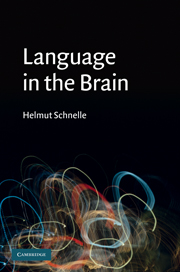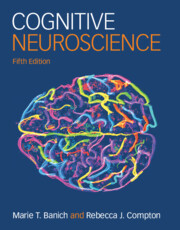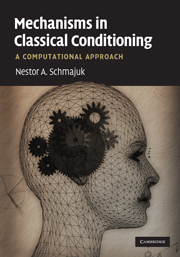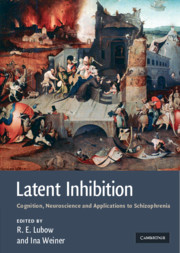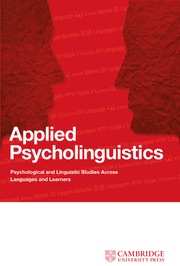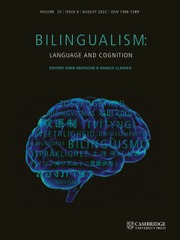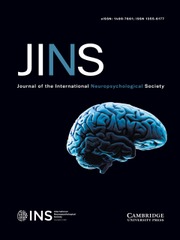Language in the Brain
Linguistics, neurocognition, and phenomenological psychology are fundamentally different fields of research. Helmut Schnelle provides an interdisciplinary understanding of a new integrated field in which linguists can be competent in neurocognition and neuroscientists in structure linguistics. Consequently the first part of the book is a systematic introduction to the function of the form and meaning-organising brain component - with the essential core elements being perceptions, actions, attention, emotion and feeling. Their descriptions provide foundations for experiences based on semantics and pragmatics. The second part is addressed to non-linguists and presents the structural foundations of currently established linguistic frameworks. This book should be serious reading for anyone interested in a comprehensive understanding of language, in which evolution, functional organisation and hierarchies are explained by reference to brain architecture and dynamics.
- Bridges the gap between neuroscience and principles of linguistics, and provides an interdisciplinary approach to perspectives of language form, use and meaning
- Divided into two parts, allowing a basic and more comprehensive view for the beginner and advanced reader
- Fully illustrated, with comprehensive descriptions to help understanding of the models of translating formalist linguistic structure descriptions into plausible neural models
Product details
May 2010Hardback
9780521515498
244 pages
235 × 157 × 15 mm
0.52kg
33 b/w illus.
Available
Table of Contents
- Part I. Introducing Cognitive Neuroscience to Linguists:
- 1. The brain in functional perspective
- 2. Organization in complex organisms
- 3. Neural perspectives of semantics: examples of seeing, acting, memorizing, meaningful understanding, feeling, and thought
- 4. Combination and integration of intelligent thought and feeling
- Part II. Introducing Linguistics to Scientists:
- 5. Introducing formal grammar
- 6. Grammar as life
- 7. Integrating language organization in mind and brain - the world of thinking and knowing, liking or hating other people's mind/brain/bodies
- 8. Dynamic language organization in stages of complexity.

